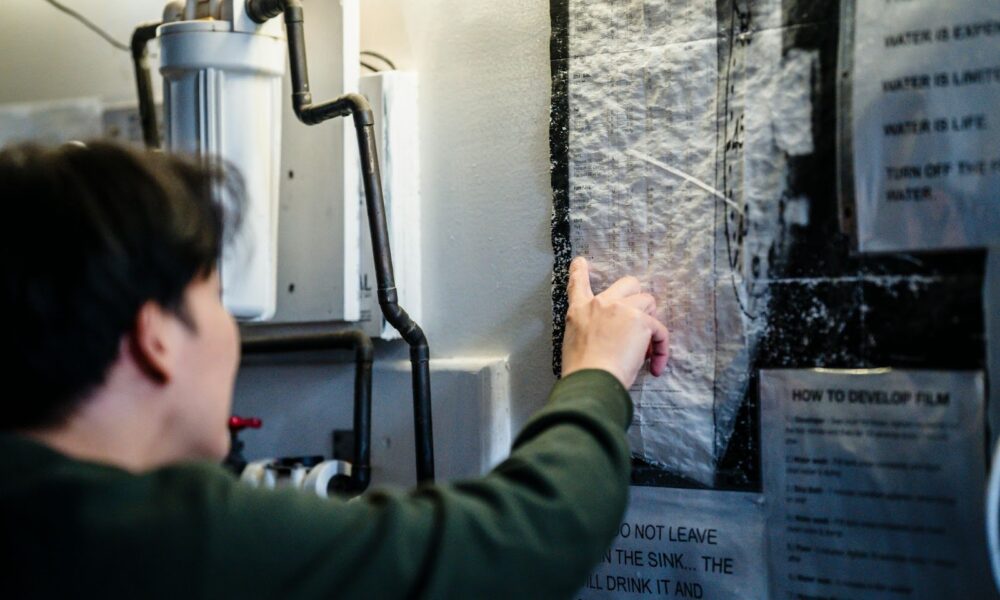Have you ever wondered if it’s time to replace your water heater?
This seemingly simple decision can have a profound impact on your home’s comfort and energy efficiency. Knowing when to upgrade can save you money, reduce stress, and enhance your daily living experience. As a seasoned professional in tankless water heaters, I’ve guided countless Colorado homeowners through the decision-making process, helping them choose the best option for their needs.
In this comprehensive guide, we’ll delve into the telltale signs that indicate it’s time to replace your water heater and explore the numerous benefits of switching to a tankless system. From cost savings to energy efficiency and durability, discover why upgrading to a tankless water heater could be one of the smartest investments for your home.
Signs It’s Time to Replace Your Water Heater
Knowing when to replace water heater can save you from unexpected cold showers and water damage. Here are some signs that it’s time for a new one:
Age of the Water Heater
One of the most straightforward indicators that it might be time to replace your water heater is its age. Traditional water heaters typically last around 10-15 years, while tankless models can last up to 20 years with proper maintenance. If your water heater is nearing or has surpassed its expected lifespan, it may be time to consider an upgrade.
Decreased Efficiency
Have you noticed an increase in your energy bills without a corresponding increase in usage? This could be a sign that your water heater is losing efficiency. Over time, sediment can build up in traditional water heaters, reducing their efficiency and capacity. Tankless water heaters, which heat water on demand, are generally more efficient and can help reduce energy costs.
Inconsistent Hot Water Supply
A common issue with older water heaters is an inconsistent supply of hot water. If you’re experiencing lukewarm water or running out of hot water faster than usual, it may be a sign that your system is struggling to keep up. Tankless water heaters offer a continuous supply of hot water, making them an excellent option for larger households or those who frequently use hot water.
Visible Signs of Wear and Tear
Rusty water, leaks, or unusual noises coming from your water heater are all warning signs that it may be time for a replacement. These issues can indicate internal corrosion or other damage that could lead to a complete system failure. Investing in a new water heater, such as a tankless system, can prevent costly repairs and water damage.
Benefits of Tankless Water Heaters
- Energy Efficiency – Tankless water heaters are known for their energy efficiency. Unlike traditional systems that continuously heat a tank of water, tankless models only heat water when needed. This on-demand heating can lead to significant energy savings, especially in homes where hot water usage fluctuates.
- Space-Saving Design – Tankless water heaters are compact and can be installed in smaller spaces, making them ideal for homes with limited space. Whether you opt for an electric tankless water heater or a propane tankless water heater, these systems take up much less room than traditional tanks.
- Long-Term Cost Savings – While the initial tankless water heater cost may be higher than a traditional model, the long-term savings can outweigh the upfront expense. The efficiency and longevity of tankless systems often result in lower utility bills and fewer replacements over time.
- Continuous Hot Water Supply – One of the standout features of tankless water heaters is their ability to provide a continuous hot water supply. This is particularly beneficial for larger households or those who enjoy long showers. Whether you choose a gas tankless water heater or an electric model, you’ll never have to worry about running out of hot water.
Choosing the Right Tankless Water Heater for Your Home
When considering a tankless water heater, there are a few factors to keep in mind:
- Fuel Type: Determine whether you prefer an electric tankless water heater, a propane tankless water heater, or a gas tankless water heater. Your choice may depend on your home’s infrastructure and energy costs in Colorado.
- Size and Capacity: Consider the number of people in your household and your typical hot water usage. This will help you select a system with the appropriate flow rate to meet your needs.
- Installation Costs: While tankless water heaters can be more expensive to install, the long-term savings can make them a worthwhile investment. Be sure to get quotes from several contractors and inquire about any available rebates or incentives.
Replacing your water heater at the right time is crucial to avoiding unexpected cold showers and costly repairs. For Colorado homeowners, switching to a tankless water heater can bring significant advantages, such as lower energy bills, space efficiency, and an endless supply of hot water. Don’t wait for your old unit to fail—explore the benefits of upgrading today. To learn more and find the best option for your home, dive into our comprehensive guide on when to replace a water heater.
Your future comfort and savings are just a click away!
